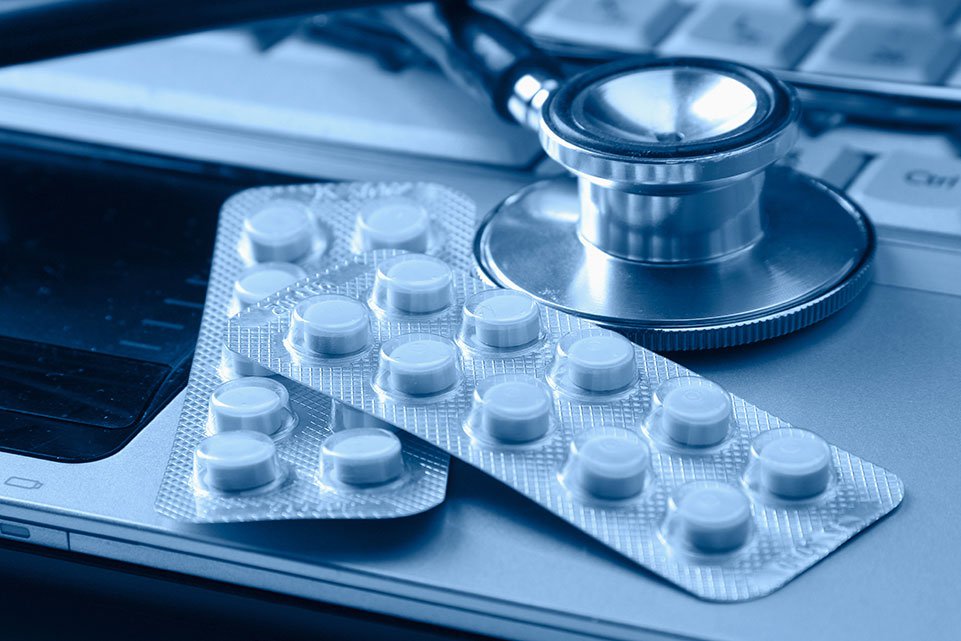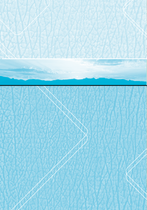Withdrawal
What is withdrawal?
Withdrawal is also known as detoxification or detox. It’s when you quit , or cut back, on using alcohol or other drugs. You may have developed a physical or psychological dependence on a drug, or both. Symptoms during withdrawal can be mild or severe, depending on:
- how long you’ve been using for
- what drug(s)
- age
- physical health
- psychological characteristics
- method of withdrawal.
Physical dependence
This is when you’ve taken a drug for a while and your body has come to rely on it to feel normal. Your body is used to functioning with the drug in your system, so if the drug isn’t taken, withdrawal symptoms will start to appear.
Psychological dependence
This is when you believe you need the drug to function. You might think that you need it for specific situations, like to be social at a party or unwind after work, or it could be all the time.

What can I expect?
Symptoms
While your body is getting used to functioning without the drug, you can experience a range of symptoms from minor to serious. Generally withdrawal feels like the opposite of the drug. For example, when withdrawing from a depressant like alcohol, you may feel restless and agitated, or have tremors.
These symptoms vary between people, and between drugs. Knowing what the symptoms are can make it easier for you or people supporting someone you care about to get through withdrawal. Find withdrawal symptoms for specific drugs.
Cravings
Cravings for the drug happen because the brain has learnt that the easiest and quickest way to feel good is by using the drug. It becomes a way of dealing with problems and avoiding bad feelings.
Cravings come and go. Sometimes they might be weak, and other times very strong. Managing cravings is very important in the long term because you might still feel them occasionally many years after you have stopped using.
Learning to manage cravings involves distraction and relaxation techniques such as reading, watching a movie, meditating or exercising. It might help to remind yourself that your brain has learned this pattern of thought over time, and you can re-train it to follow a new thought pattern.
Sometimes medication can be used to help treat withdrawal symptoms from certain drugs. This is called pharmacotherapy.
Time
Withdrawal will generally last from a few days to a few weeks, but some symptoms like cravings can continue much longer. Exactly how long depends on factors like:
- the type of drug
- how long you’ve been using it
- if you’ve been using other drugs
- your general health
- the setting you choose to withdraw in.
Is withdrawal safe?
You might need medical supervision to have a safe withdrawal. Always discuss withdrawal with your doctor or with an alcohol and other drug treatment service first, This is especially important when withdrawing from alcohol, GHB, benzodiazepines or ketamine.
Where can I go?
You need a safe and supportive environment when withdrawing. Have a discussion with your doctor, health practitioner or a drug and alcohol service for advice on which setting will be best for you. One of the following will probably be recommended:
Home-based withdrawal
Usually provided by a team including your doctor, a nurse and a support person like a friend or family member. If your withdrawal is unlikely to be complicated, this might be a good choice.
Outpatient withdrawal
If you don’t need to be admitted to a residential service, this is a good choice. It involves one-on-one consultations with a health professional over a short period, plus ongoing counselling and support.
Residential withdrawal
Typically requires 5-10 days in a residential withdrawal unit or hospital, with staff available 24 hours a day. They’ll help you during withdrawal and afterwards to avoid relapse. Some residential units won’t allow you to contact your partners, friends or family for a while. This is to help you focus on your treatment instead of worrying about what’s happening at home. It also keeps you out of contact with people who use drugs, because this can cause cravings.
How can I prepare?
It’s a good idea at this stage to plan for follow-up treatment after the withdrawal because this dramatically reduces the chance of relapse. Learn more about treatment options.

Alcohol diary (bundle of 25)
Educational tools
$45.45 (inc. GST)
View in ADF Shop
All service types
Withdrawal management
Search withdrawal management near you
Talk to your doctor, or an alcohol and other drugs treatment service
Make sure you have a support person and a supportive environment for your withdrawal.
Support person: Try to stay positive for your friend, especially when things get hard and they begin to question why they’re doing it. It’s very important for you to challenge any illogical thoughts the person you care for might be having.
Write down your personal list of reasons for withdrawing
List the pros and cons of using and of giving up the drug. It can help you stay motivated when things seem too hard and you think about giving up.
Support person: Go through this list with them when they’re struggling, or questioning if withdrawal was really a good idea.
Plan what you’ll do if you use drugs during withdrawal
This happens sometimes, and it’s a critical stage in your treatment. Try to think about it as a setback and continue on. Withdrawing is really hard, but you can learn from this setback by talking about why it happened, what worked, what didn’t, and what you can do differently next time.
Some people do choose to give up the treatment..
Support person: Help them deal with their relapse if they begin to use the drug again. Remind them that you’ll love and support them even if they relapse. Watch out for overdose.
Do not forget that when you use regularly, your body gets used to the drug
... so you need a higher dose to get the effects. When you stop taking it, even for only a couple of days, your tolerance can drop dramatically. If you use substances you are at a very real and very dangerous risk of overdose. Protect yourself and lower your dose.
Support person: Going back to their old dose puts them at a very real and very dangerous risk of overdose. You might want to prepare yourself by knowing what to do if someone overdoses
Stay busy so you don’t have time to think about how you’re feeling
You probably won’t be able to concentrate for long and your memory might not be working very well, so consider easy activities like:
- watching TV or movies
- going on walks
- reading magazines
- taking short trips.
Practice stress management and distraction techniques
... to help you manage symptoms, cravings, and tough moments. Cravings come and go, and are sometimes triggered by particular circumstances or reminders. Sometimes they might feel overwhelming. Learning to manage cravings is extremely important, and will help you now and in the future as you may still experience them from time to time. Think about trying:
- watching a movie or TV show
- reading or listening to music
- meditation
- mindfulness
- exercise
- massage
- talking with your support person.
Be aware of the rules
Hospitals or withdrawal units have different rules and restrictions on visiting, contacting the person, and what items may be brought in to the unit.
Nourish yourself
Try to eat healthily, even if you’re craving junk food. A balanced diet can help reduce some withdrawal symptoms like mood swings. Stay hydrated by drinking 1 to 2 litres of water a day, but don’t have more than 3 litres. You may need a multivitamin supplement if you feel sick and can’t eat very much.

